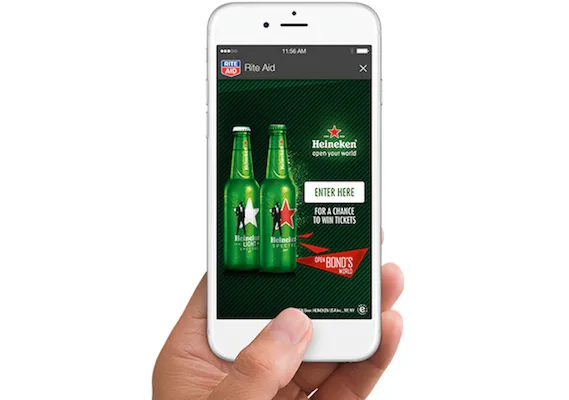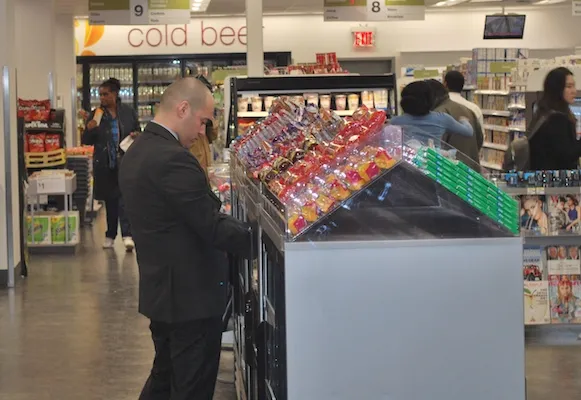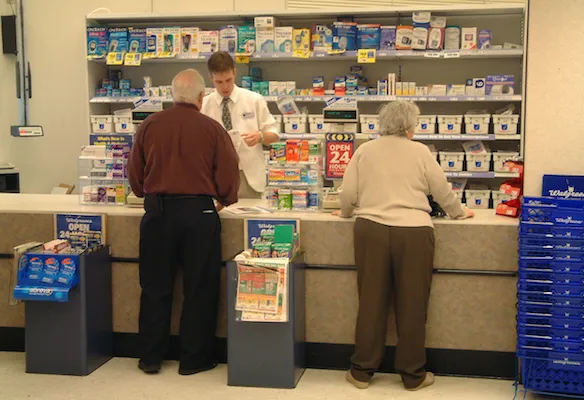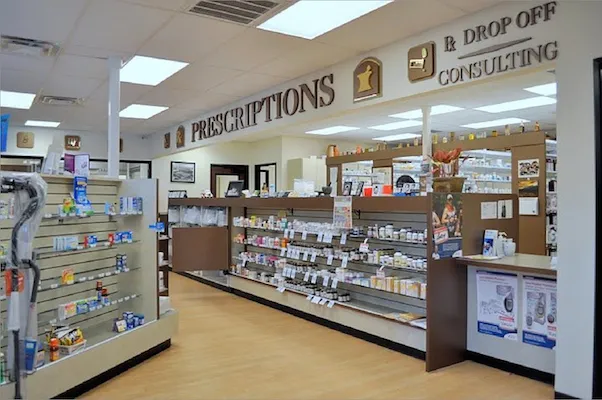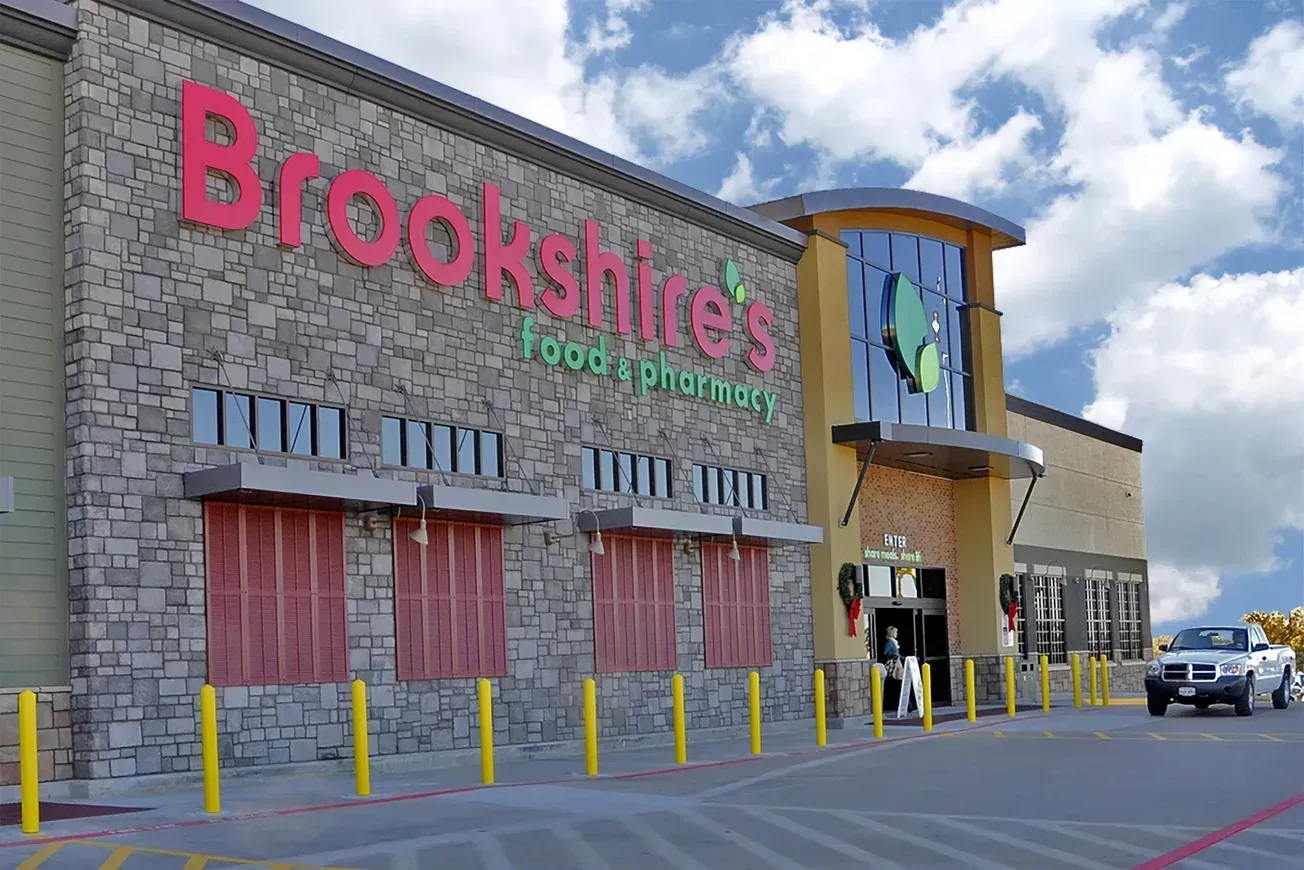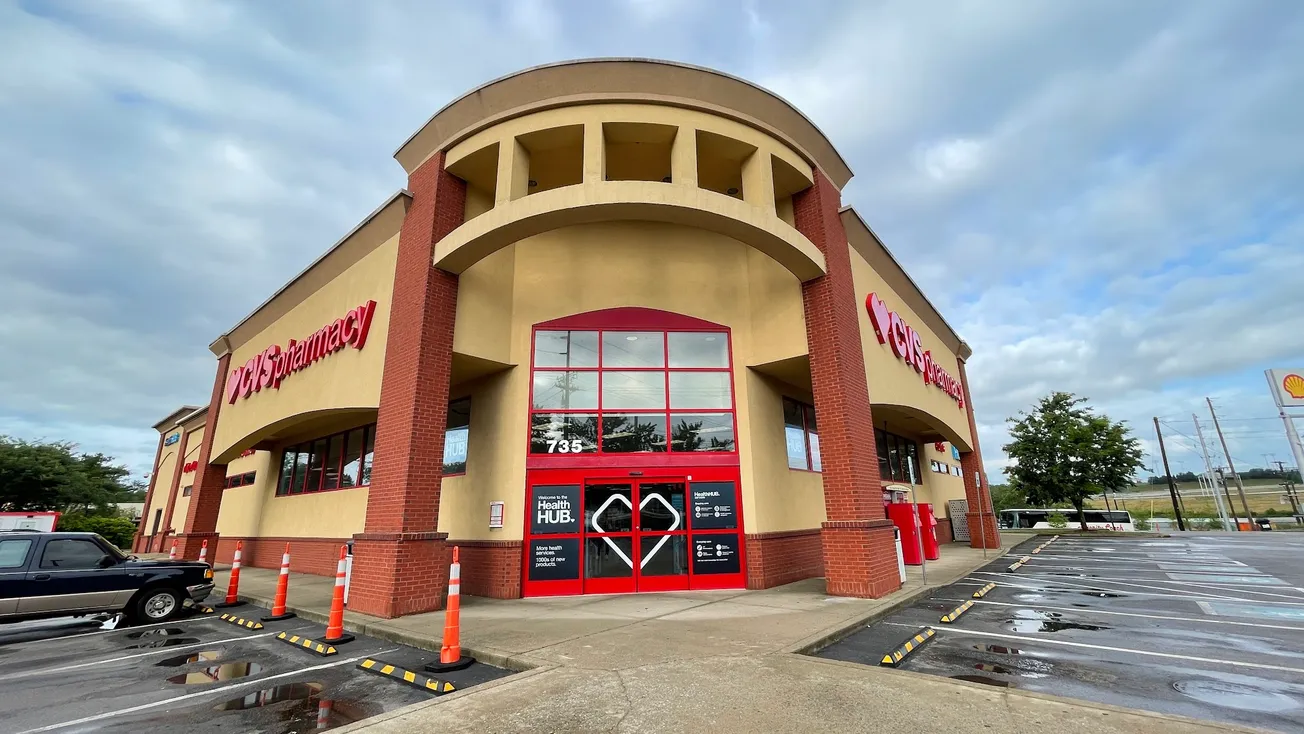This holiday shopping season has seen another upsurge in consumer purchases via digital shopping channels, especially mobile. A key driver behind that trend is increased use of and response to beacon technology.
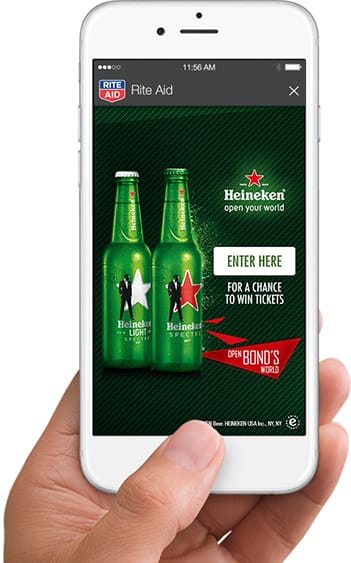
One tech provider, Venice, Calif.-based inMarket Media, said its beacon platform — spurred by the rising use of mobile shopping — influenced $14.5 billion in consumer spending in brick-and-mortar stores over the Black Friday weekend.
InMarket reported that its beacon detections grew 370% on Black Friday versus a year ago. The company attributed the rise to consumer location adoption, beacon rollouts at leading retailers and what it called “proven consumer experience enhancements.” Today, more than 84% of shoppers use their mobile devices in stores, and 55% of use their smartphones specifically to assist in their purchase decision, according to inMarket.
Essentially, beacon technology works as follows: When customers walk into a store with beacons, they receive relevant engagements based on their location through the retailer’s mobile app or another shopping app. These engagements could include things like loyalty-driven offers, contextual messages, promotions or shopping list reminders.
InMarket, which describes itself as the world’s largest in-store beacon platform, reaches more than 50 million shoppers monthly in over 100,000 locations. The company said that as of the fourth quarter, its platform was reaching roughly one of every four smartphone owners in the U.S. via top apps.
“The guiding light for us has been to drive value for consumers enabled by new technology,” commented inMarket CEO Todd Dipaola.
Brand and retailer advertiser demand for beacon-based mobile campaigns has jumped. InMarket said that year over year, its beacon platform has seen 223% growth in clients, with more than 200 top brands and retailers such as Rite Aid, Heineken, Clorox and Energizer. In-store mobile engagement via inMarket’s beacon solution helped one of its clients, Johnsonville, realize a 24% sales lift compared with control stores.
“The world has never experienced a more disruptive or relied-upon technology than mobile,” according to Dipaola, “and I have never seen anything as powerful within mobile as the precision data and personalized experiences created from beacons.”

